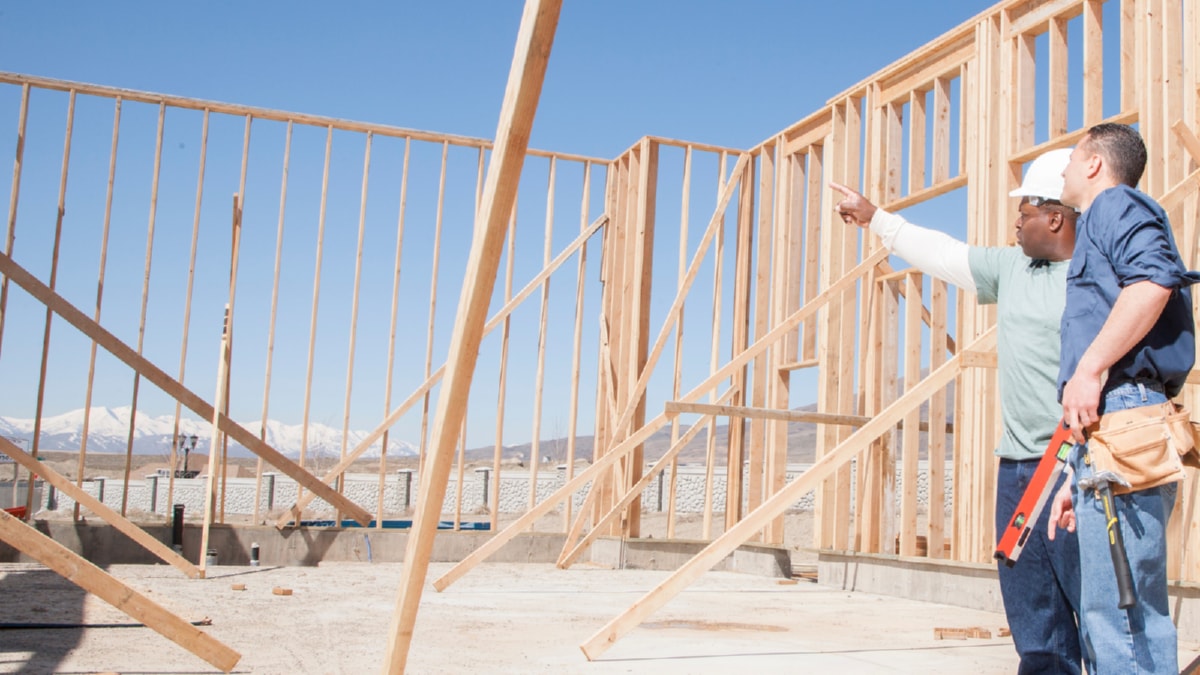The construction industry is currently on the brink of a significant transformation. The future of construction technology is shaping up to bring dramatic changes to the way we plan, design, and implement building projects. With the rise of digitization, automation, and innovative materials, the industry is shifting towards smarter, safer, and more efficient construction methods.
In the realm of digital construction, Building Information Modeling (BIM) is becoming increasingly prevalent. BIM is a 3D modeling process that allows architects, engineers, and construction professionals to plan, design, construct, and manage buildings more efficiently. This technology can reduce costly errors, improve project timelines, and enhance collaboration among project teams. More importantly, BIM can provide a comprehensive view of a project, allowing for better decision-making throughout the construction process.
Perhaps the most transformative technology entering the construction space is the integration of artificial intelligence (AI) and machine learning. These technologies can analyze vast amounts of data to identify patterns and make predictions, helping to enhance productivity, reduce costs, and improve safety. AI can offer insights into optimizing construction sequences, predicting project delays, and even assisting in the design process to create more efficient buildings.
In the realm of materials, the future also looks bright. Construction materials are becoming smarter, more sustainable, and more adaptable. For instance, self-healing concrete, which can repair its own cracks using bacteria, presents an innovative way to prolong the lifespan of buildings and reduce maintenance costs. Meanwhile, the use of advanced, lightweight materials like carbon fiber and graphene can result in stronger, more durable structures.
Robotic and automated systems are another game-changer in the construction industry. From autonomous vehicles that can transport materials to drones that can survey sites and monitor progress, these technologies are revolutionizing the way construction work is done. Robots can perform repetitive tasks more efficiently and safely than humans, reducing the risk of accidents and freeing up workers to take on more complex tasks.
Furthermore, the Internet of Things (IoT) is making its mark on construction. The use of smart sensors can monitor the structural health of buildings, track resources, and even detect safety hazards. This real-time data can help construction managers make informed decisions and take proactive measures to ensure project success.
The construction industry is also making strides in sustainability. Green construction methods are becoming more prevalent, with an emphasis on energy efficiency, waste reduction, and the use of sustainable building materials. This shift not only benefits the environment but also results in cost savings and improved building performance.
In conclusion, the future of construction technology is ripe with opportunities. From digital tools and AI to innovative materials and automation, these advancements are reshaping the construction industry. As we look ahead, we can expect a safer, more efficient, and more sustainable construction landscape. It’s an exciting time to be in the industry, and it’s clear that technology will play an increasingly pivotal role in shaping its future.
.
For more details, check best masonry services or visit their business listing here.



